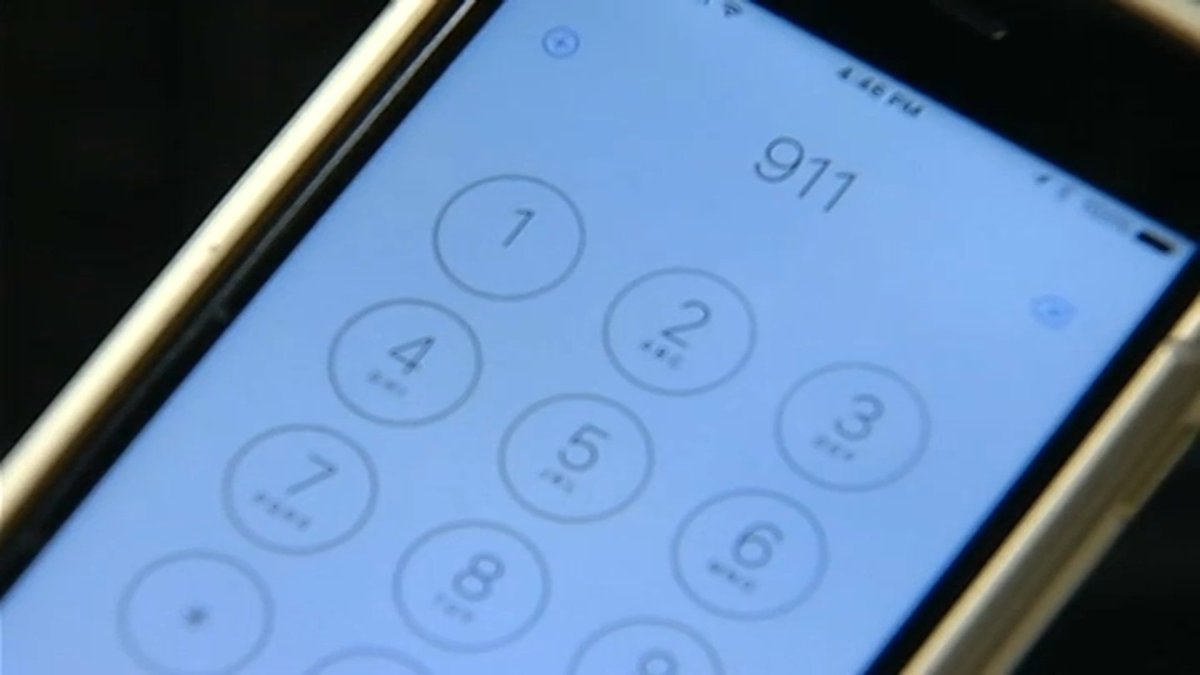
Starting next month in D.C., when someone calls 911 for help with a mental health issue that call could be transferred to the District’s mental health crisis team instead of the police. As News4’s Mark Segraves reports, this change is part of police reform in D.C.
When someone in D.C. calls 911 for help with a mental health issue, the call could soon be transferred to the District’s mental health crisis team instead of to police.
D.C. will launch a pilot program next month to shift some calls to teams from the Department of Behavioral Health, Mayor Muriel Bowser’s office announced. The launch of the program follows calls for police reform.
“This program builds on all our efforts to make sure we are providing residents the right care at the right time. The sooner we can identify what a person needs — whether that is an ambulance, a doctor’s appointment, or in this case, a visit from a behavioral health expert — the sooner we can help them,” the mayor said in a statement.
Metropolitan Police Department officers are typically the first responders when someone calls 911 for help with a mental health crisis, even if someone is not threatening violence or harm. Police get an average of about 90 calls a day for such situations. But only about 20% of officers are trained in crisis intervention.
We're making it easier for you to find stories that matter with our new newsletter — The 4Front. Sign up here and get news that is important for you to your inbox.
Employees of the 911 call center will be trained on whether a crisis team should respond and whether a police response is appropriate. Police will still be sent to many mental health calls, said Department of Behavioral Health Director Dr. Barbara J. Bazron.
“If there is somebody who has a weapon or is dangerous, MPD will still be deployed,” she said.
The launch of the program comes after a police reform commission recommended making mental health experts a part of the response to crisis calls, including those in which a person might be armed.
Local
Washington, D.C., Maryland and Virginia local news, events and information
“This really is to make sure that quality care and the right response is rendered,” Bazron said.
The mental health crisis team already responds to about 25 calls per day, but only in response to calls to the crisis hotline. The director said she expects her team to handle an additional 25 calls daily.
The program will operate about 12 hours per day, with hopes for expansion early next year.